A single-dose LSD approach is moving from counterculture to clinic, with data showing rapid and durable anxiety reductions after one administration. In a 198-participant, dose-ranging, placebo-controlled study, a 100 µg single-dose LSD tablet (MM120) produced a 65% clinical response and 48% remission at 12 weeks in adults with generalized anxiety disorder, prompting FDA Breakthrough Therapy designation and intensifying interest in this once-stigmatized compound. Improvements appeared within 48 hours, and adverse events were largely transient, according to multiple reports and a peer-reviewed trial of related design principles. [1]
Key Takeaways
– Shows a 100 µg single-dose LSD regimen achieved 65% clinical response and 48% remission at 12 weeks among 198 adults with generalized anxiety disorder. [4] – Reveals improvements emerged by day 2 post-dose, suggesting unusually fast onset versus typical anxiolytics that require weeks to demonstrate meaningful effect. [2] – Demonstrates dose-ranging from 25–200 µg, with 100 µg yielding the strongest efficacy signal by 12 weeks in a double-blind, placebo-controlled Phase 2b design. [5] – Indicates FDA granted Breakthrough Therapy designation based on the single-dose LSD data, with plans announced for Phase 3 and regulatory meetings. [4] – Suggests anxiety relief with durable effects; earlier randomized trial found STAI reductions sustained to 16 weeks (LS mean difference −16.2; p=.007). [3]
How single-dose LSD performed in a 198-person anxiety trial
MindMed’s Phase 2b study tested single oral doses of an LSD-based investigational drug (MM120) in adults with generalized anxiety disorder (GAD), randomizing 198 participants to receive 25 µg, 50 µg, 100 µg, 200 µg, or placebo. The 100 µg arm delivered the strongest efficacy signal: 65% met clinical response criteria and 48% were in remission at 12 weeks, outcomes rarely seen with a single-dose intervention in anxiety. These results underpinned FDA’s Breakthrough Therapy designation and a path toward pivotal studies. [4]
Data reported across outlets aligned on the magnitude and durability of effect. The Associated Press summarized that 100 µg produced the top-line benefits at 12 weeks, underscoring that blinding in psychedelic trials remains a challenge because psychoactive effects can cue assignment. Still, independent experts characterized the trial as a rigorous step forward in modern psychedelic medicine for anxiety, reflecting improved methodological standards. [1]
Rapid onset and 12-week durability after single-dose LSD
Speed matters in anxiety disorders, and this program’s signal emerged strikingly early. Investigators observed improvement by study day 2 following a single-dose LSD administration, a timeline that contrasts with common anxiolytics and antidepressants that often require two to six weeks to manifest full effect. This rapid onset accompanied sustained improvement through the 12-week assessment, where the 100 µg group held 65% response and 48% remission—durability that typically demands chronic dosing in conventional paradigms. [2]
Medscape’s coverage emphasized the “rapid, durable” profile reported by investigators, noting that antidepressant-like benefits were also observed in the dataset. The 100 µg dose consistently performed best among the 25–200 µg range when measured at 12 weeks, reinforcing a mid-range dosing rationale for subsequent trials. These durability data after a single dose are central to the program’s differentiation and regulatory momentum. [5]
Safety profile: transient adverse events and monitoring considerations
Psychedelics can produce intense acute experiences, making safety characterization critical. In the Phase 2b LSD-based program, adverse events most commonly included transient hallucinations, nausea, and headaches—effects that generally resolved without lasting sequelae. The dosing sessions were monitored, and participants did not receive formal psychotherapy as part of the dosing visit, isolating the pharmacologic effect in the study design. [2]
Results from a separate randomized, double-blind, placebo-controlled Phase II trial of single-dose LSD for patients with anxiety, with and without life-threatening illness, provide further context. That study reported significant reductions in State-Trait Anxiety Inventory (STAI) scores sustained out to 16 weeks (least-squares mean difference −16.2; p=.007), with 19% of participants reporting mild acute adverse events and one serious event of transient anxiety deemed treatment-related. The profile supports that, with appropriate screening and supervision, single-dose LSD can be administered with manageable risk in controlled settings. [3]
Medscape reported that adverse events in the MM120 program were largely mild to moderate and transient, consistent with expectations for the class. Safety monitoring, set and setting, and clinician experience remain central to risk mitigation as programs advance into larger, more diverse populations where comorbidities and concomitant medications may complicate care. [5]
What sets single-dose LSD apart from traditional anxiety treatments
Traditional pharmacotherapies for GAD—such as SSRIs, SNRIs, and benzodiazepines—often require daily dosing and may take weeks to reach meaningful effect, with adherence challenges and side effects over time. By contrast, a single-dose LSD regimen showing day-2 improvement and measurable 12-week durability suggests a distinct treatment model: one monitored session with lasting clinical benefit, if replicated in larger trials. The 65% response and 48% remission at 12 weeks after 100 µg highlight potential efficiency gains if safety and efficacy hold in Phase 3. [4]
AP’s coverage noted concerns about functional blinding in psychedelic studies, which could inflate perceived effect sizes if participants and raters infer allocation. Even with that caveat, independent experts described the MM120 data as an important step toward modern, rigorous evaluation of psychedelics, signaling improved trial controls and better-calibrated endpoints. Future pivotal studies will need to incorporate robust blinding strategies and possibly active placebos to validate this single-dose paradigm. [1]
Single-dose LSD without adjunct psychotherapy: design implications
A notable design choice in the MM120 trial was the omission of adjunct psychotherapy during dosing sessions, a departure from many psilocybin and MDMA protocols that incorporate structured therapeutic support. Despite no formal psychotherapy, participants still showed rapid symptom relief by day 2 and maintained gains at 12 weeks, suggesting a strong pharmacologic signal in GAD under controlled conditions. This design choice may simplify scalability if future regulatory approvals do not mandate therapy-intensive protocols. [2]
The approach contrasts with earlier psychedelic-assisted therapy models yet aligns with the durability observed in the separate randomized Phase II LSD study that tracked STAI improvements through week 16. If replicated, such pharmacotherapy-forward designs could reduce resource load and expand access relative to therapist-intensive models, assuming safety is maintained. Regulators will likely scrutinize the balance between supportive monitoring and formal psychotherapy as evidence matures. [3]
Prior evidence: randomized single-dose LSD reduced anxiety to 16 weeks
Before the GAD program’s headline figures, a peer-reviewed randomized, double-blind, placebo-controlled Phase II trial had already indicated sustained anxiolytic effects from single-dose LSD. That study reported an LS mean difference of −16.2 on STAI versus placebo, with statistical significance (p=.007) and durability through week 16. Depression scores also improved, suggesting broader affective benefits that could be clinically relevant in comorbid anxiety-depression presentations. [3]
Safety in that trial was manageable: 19% experienced mild acute adverse events, and one serious adverse event—transient anxiety—was considered treatment-related and resolved. These data lend external validity to the concept that a single-dose LSD intervention can deliver durable anxiety reduction across diagnostic contexts, complementing the GAD-specific program. [3]
Regulatory momentum and the road to Phase 3
Following the 12-week durability results—65% response and 48% remission at 100 µg—MindMed announced FDA Breakthrough Therapy designation for MM120 in GAD, a status intended to expedite development and review for serious conditions with preliminary evidence of substantial improvement. The company outlined plans for an End-of-Phase 2 meeting and preparation for Phase 3 trials to confirm efficacy, safety, dose selection, and operational models for broader clinical use. [4]
Clinical commentators have called the data “very exciting” and “truly remarkable,” while also urging rigorous confirmatory testing, robust blinding, and careful patient selection. Medscape’s reporting highlighted rapid onset by day 2 and durability to week 12 as key differentiators, positioning single-dose LSD as a potential first-in-class outpatient anxiolytic if Phase 3 replicates these findings with strong safety. [2][5]
Caveats: blinding, expectancy, and generalizability
Psychedelics’ noticeable subjective effects can complicate blinding, risking expectancy bias in both participants and raters. AP underscored this methodological hurdle, which next-phase studies may address with active control strategies, enhanced rater blinding, and objective functional endpoints. Larger samples will also need to capture comorbidities, medication interactions, and real-world adherence to monitoring protocols to ensure generalizability beyond specialized centers. [1]
CNN’s coverage noted the absence of psychotherapy during dosing in the Phase 2b program, which clarifies the pharmacologic effect but leaves open the question of whether structured therapy could further augment or stabilize outcomes. Safety surveillance will remain critical, particularly for vulnerable populations, even as most reported adverse effects to date have been transient and manageable under supervision. [2]
Sources: [1] Associated Press – LSD shows promise for reducing anxiety in drugmaker’s midstage study: https://apnews.com/article/8821f7f3683051506d47864db5e5edcf [2] CNN – Single dose of LSD provides immediate, lasting anxiety relief, study says: https://edition.cnn.com/2024/03/07/health/lsd-anxiety-fda-breakthrough-therapy-wellness/index.html [3] Biological Psychiatry (PubMed) – Lysergic Acid Diethylamide-Assisted Therapy in Patients With Anxiety With and Without a Life-Threatening Illness: A Randomized, Double-Blind, Placebo-Controlled Phase II Study: https://pubmed.ncbi.nlm.nih.gov/36266118/ [4] MindMed press release (Business Wire / MindMed IR) – MindMed Receives FDA Breakthrough Therapy Designation and Announces Positive 12-Week Durability Data From Phase 2B Study of MM120 for Generalized Anxiety Disorder: https://ir.mindmed.co/news-events/press-releases/detail/137/mindmed-receives-fda-breakthrough-therapy-designation-and-announces-positive-12-week-durability-data-from-phase-2b-study-of-mm120-for-generalized-anxiety-disorder [5] Medscape – One Dose of LSD-Based Medication Yields Rapid, Durable Response for GAD: www.medscape.com/viewarticle/lsd-based-medication-yields-rapid-durable-response-2024a10008tg” target=”_blank” rel=”nofollow noopener noreferrer”>https://www.medscape.com/viewarticle/lsd-based-medication-yields-rapid-durable-response-2024a10008tg
Image generated by DALL-E 3
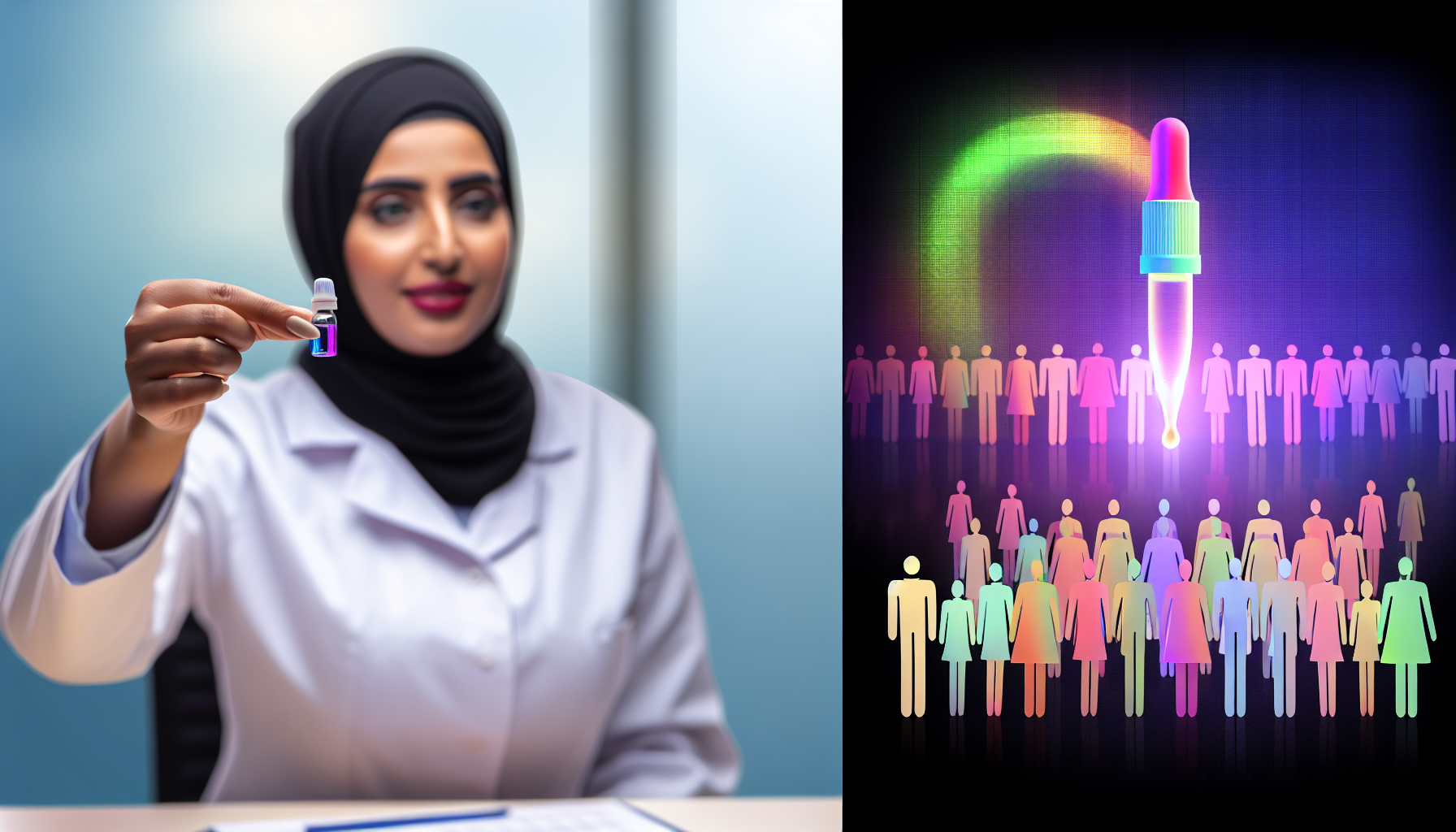
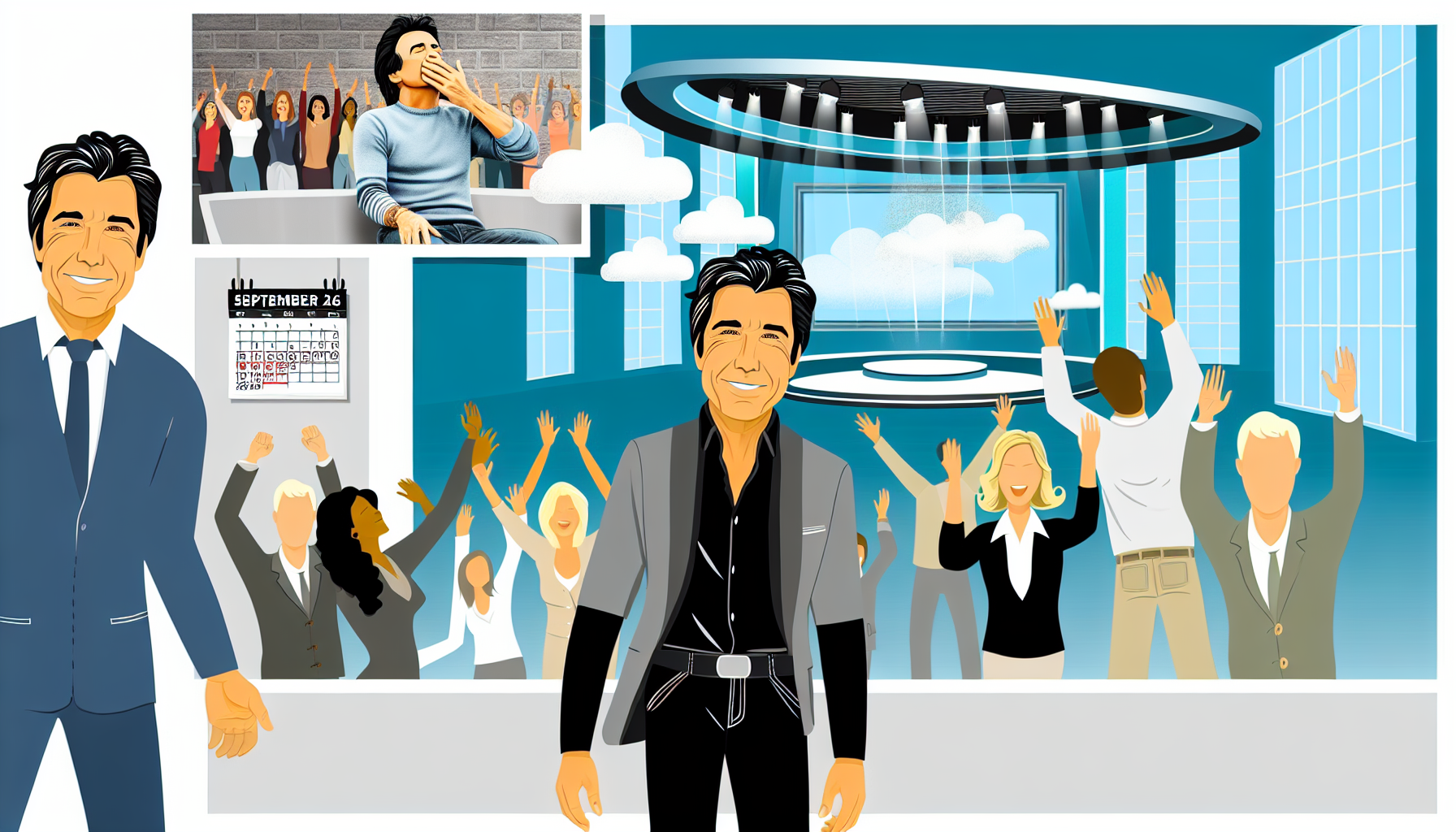
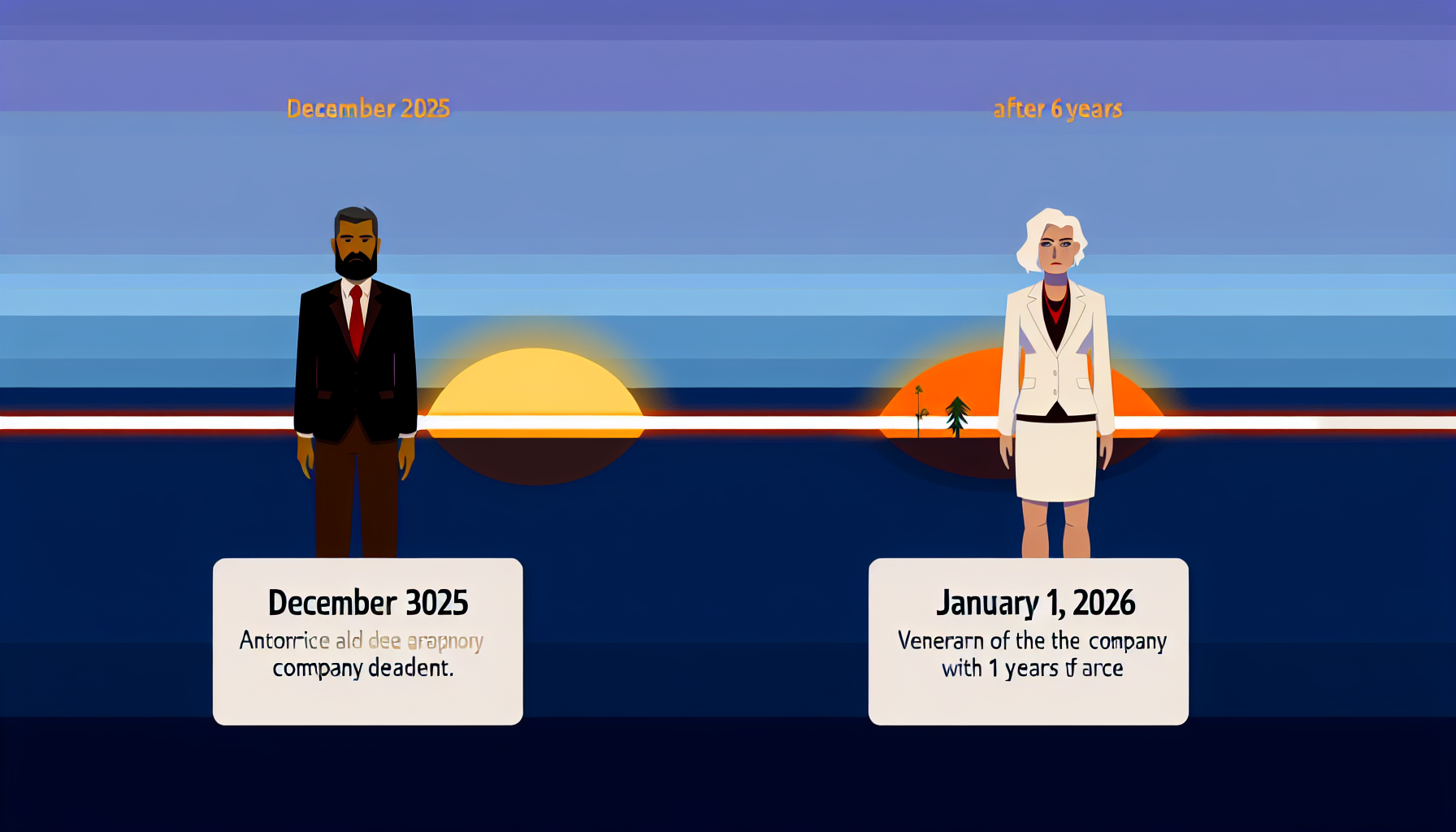
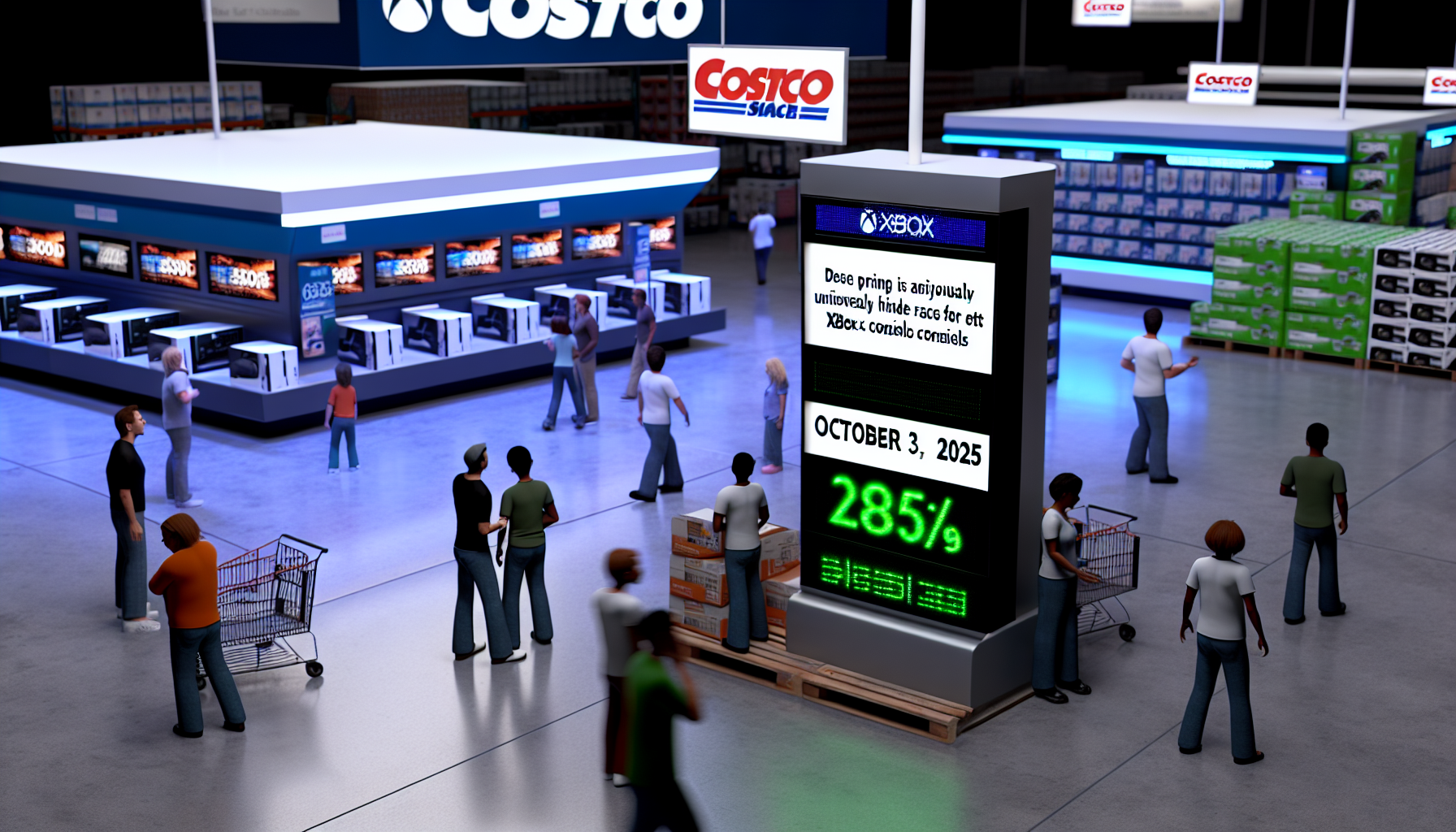
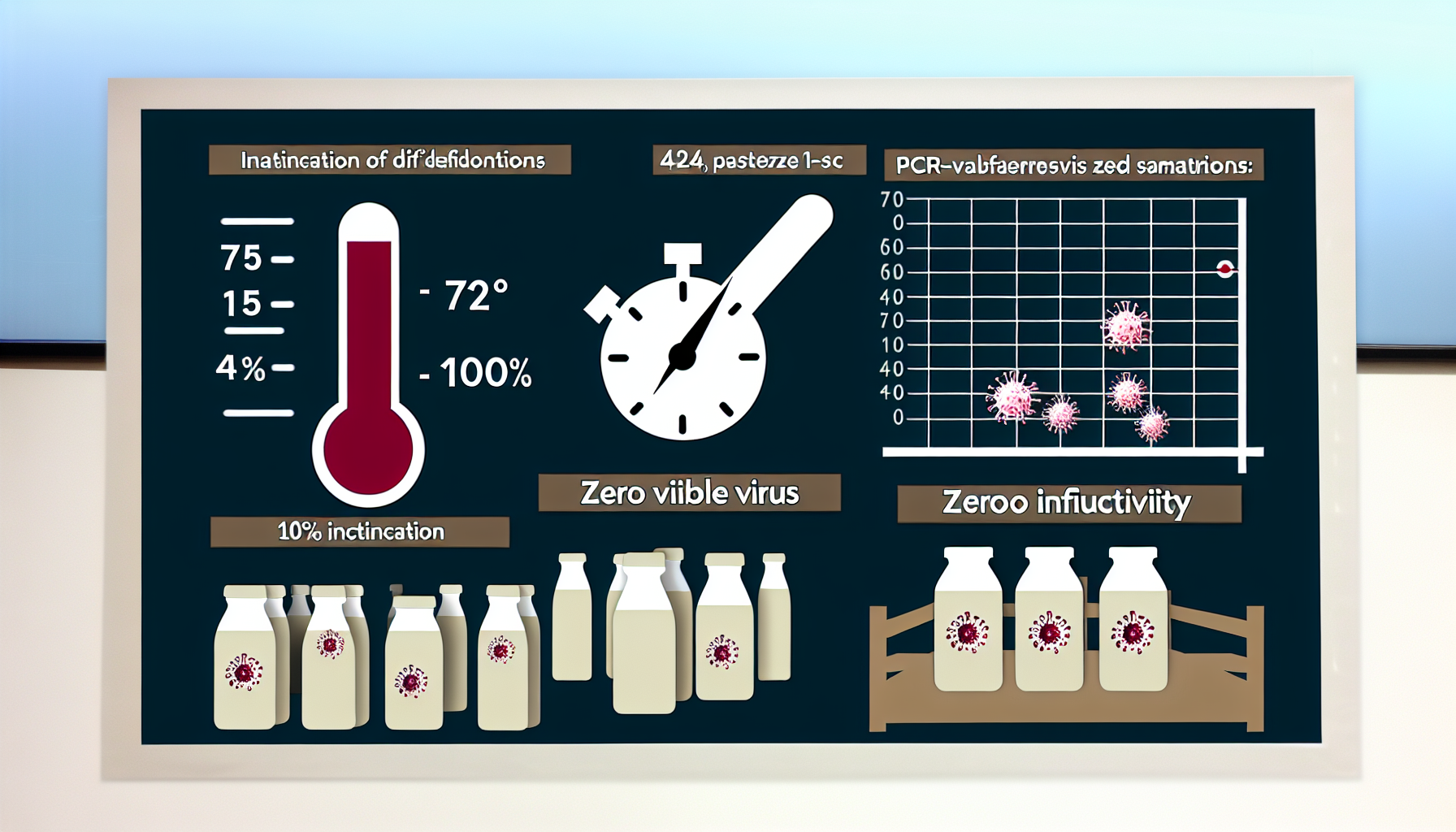
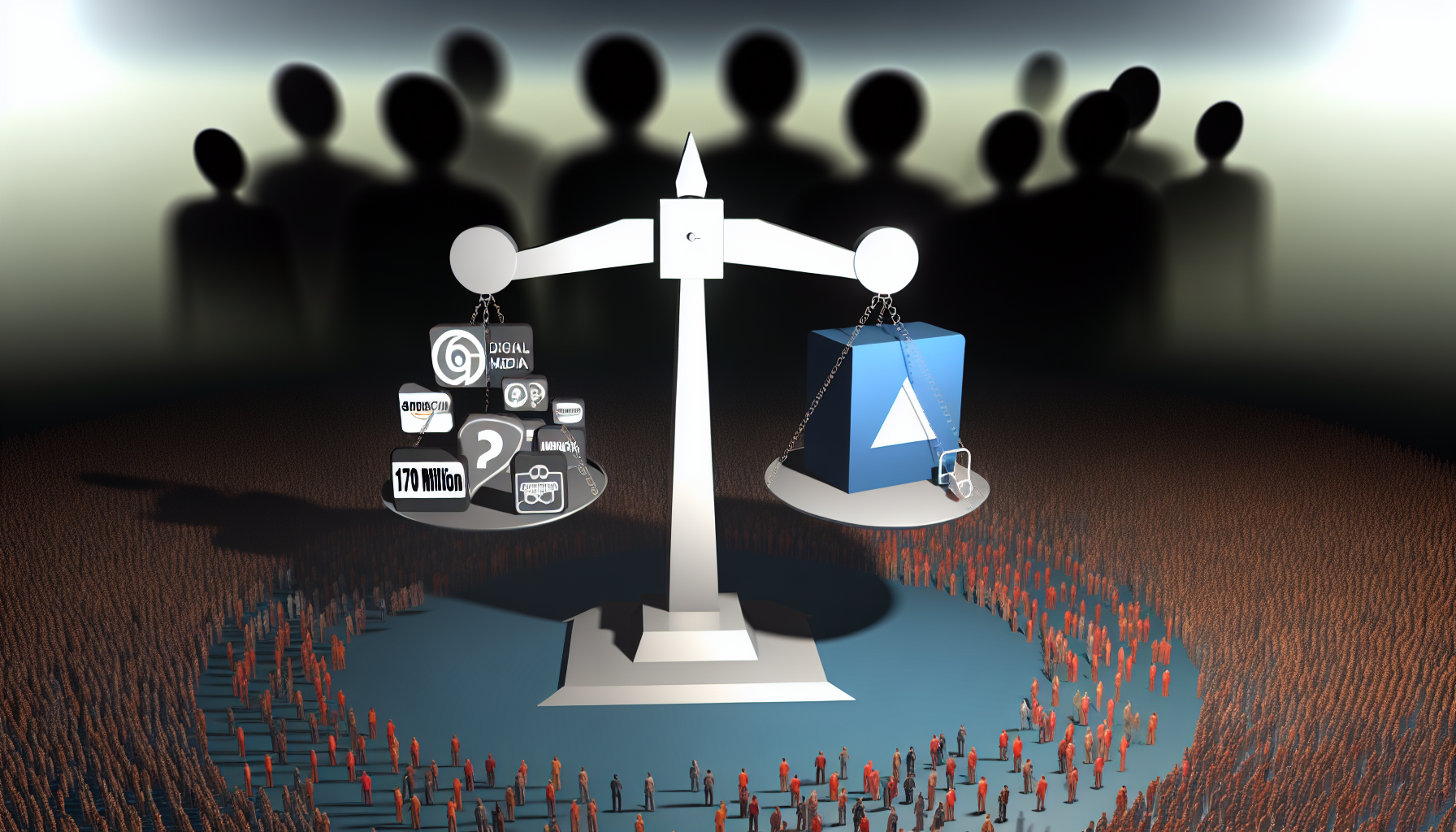
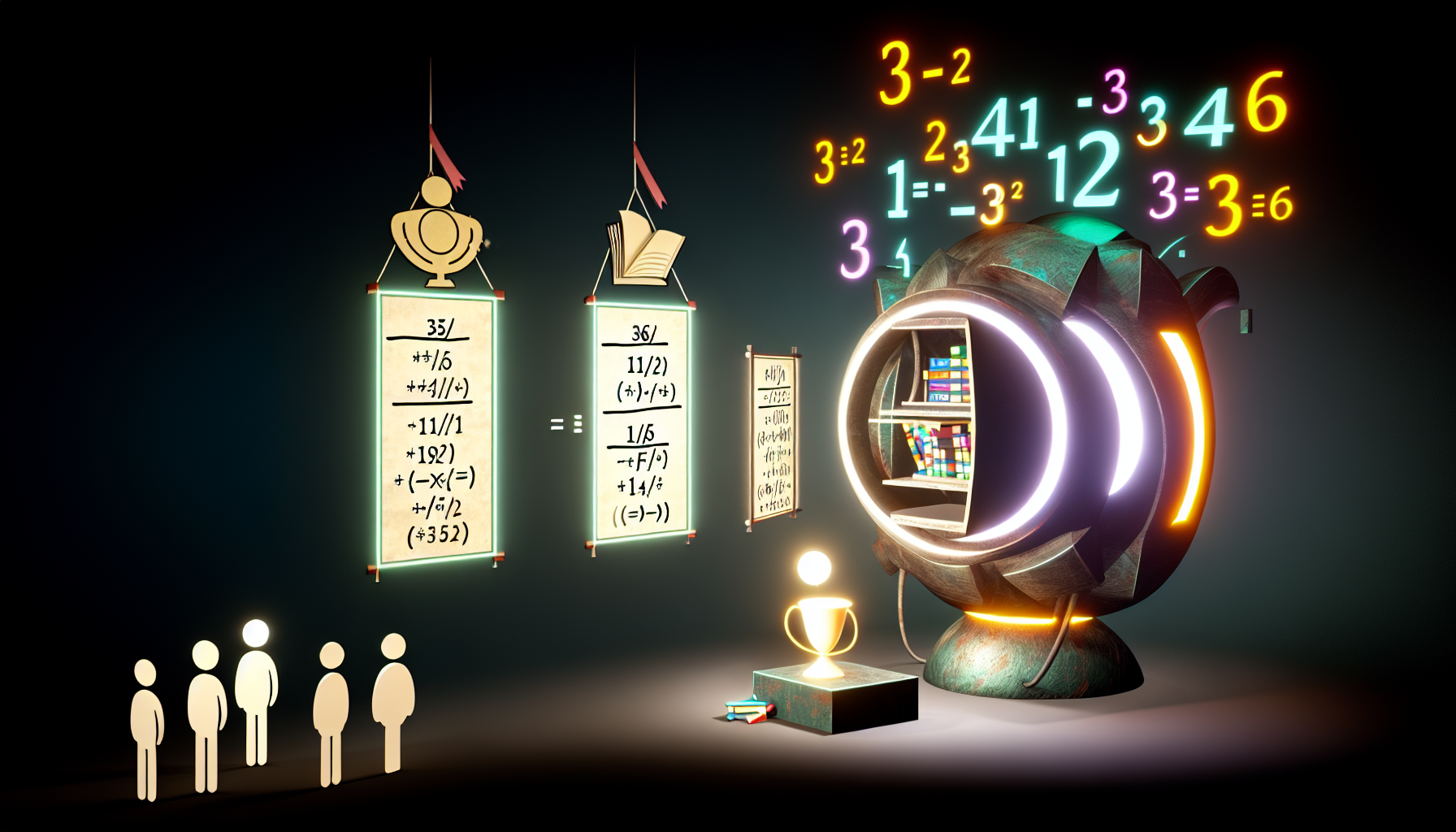
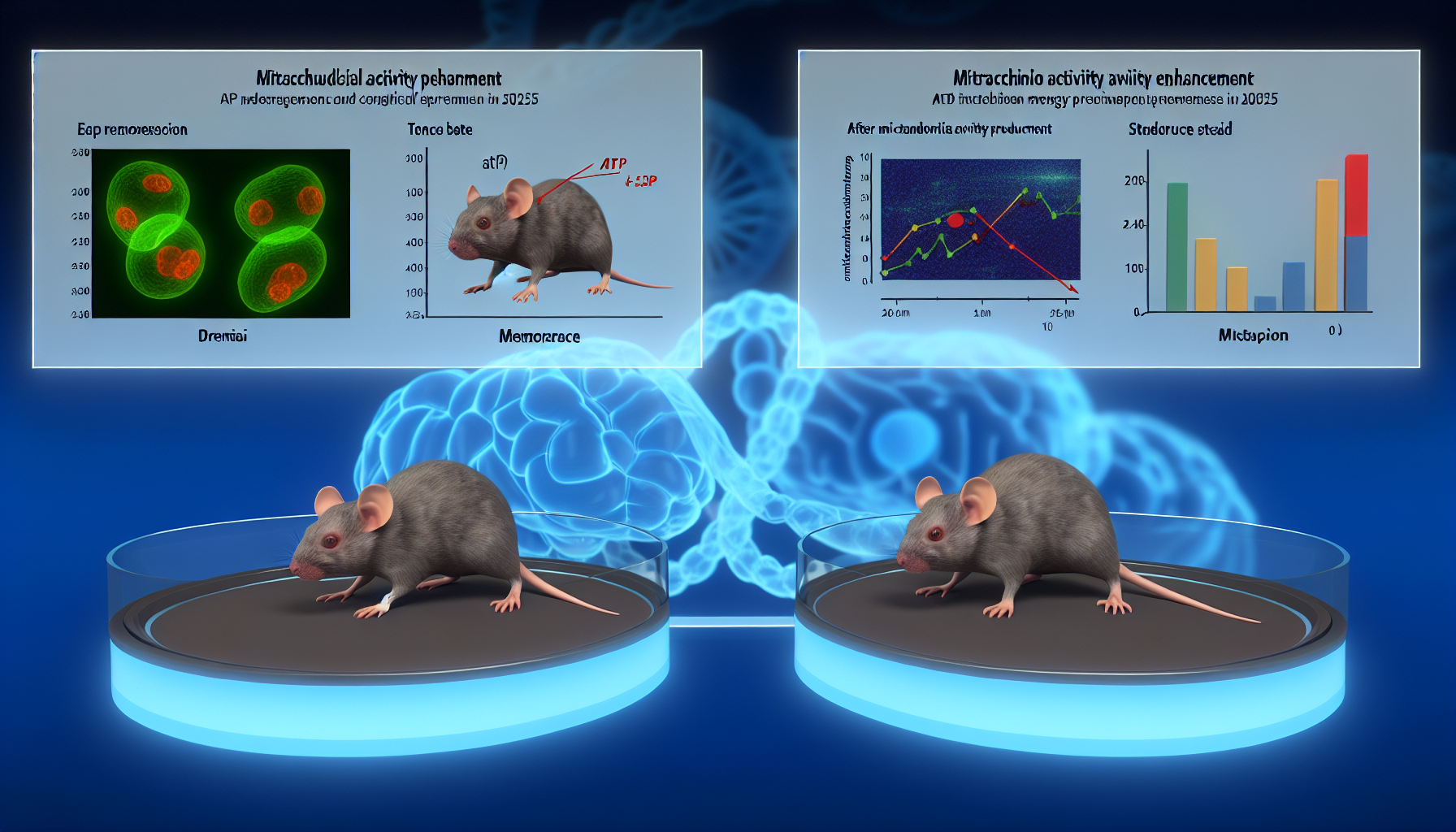
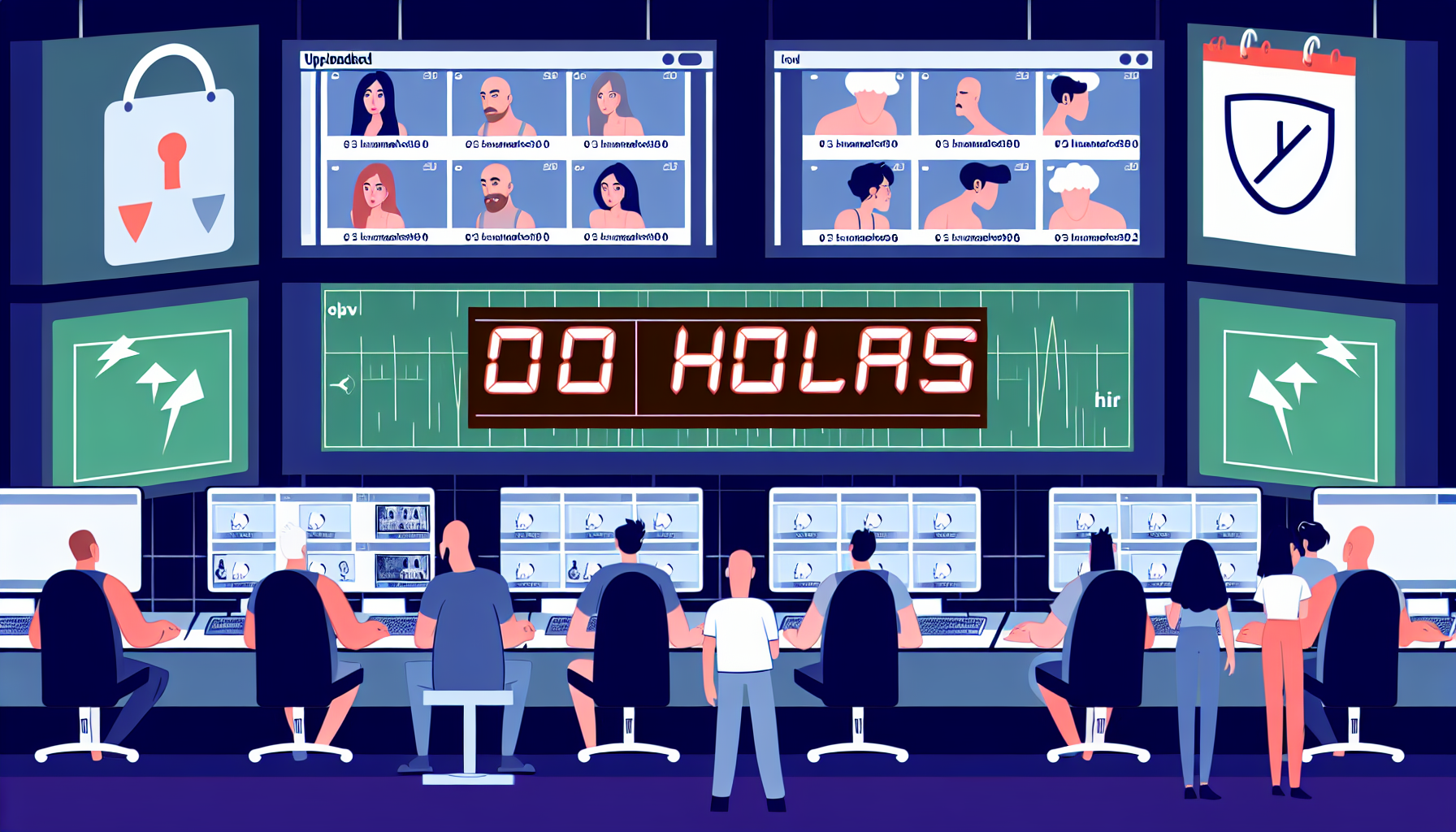
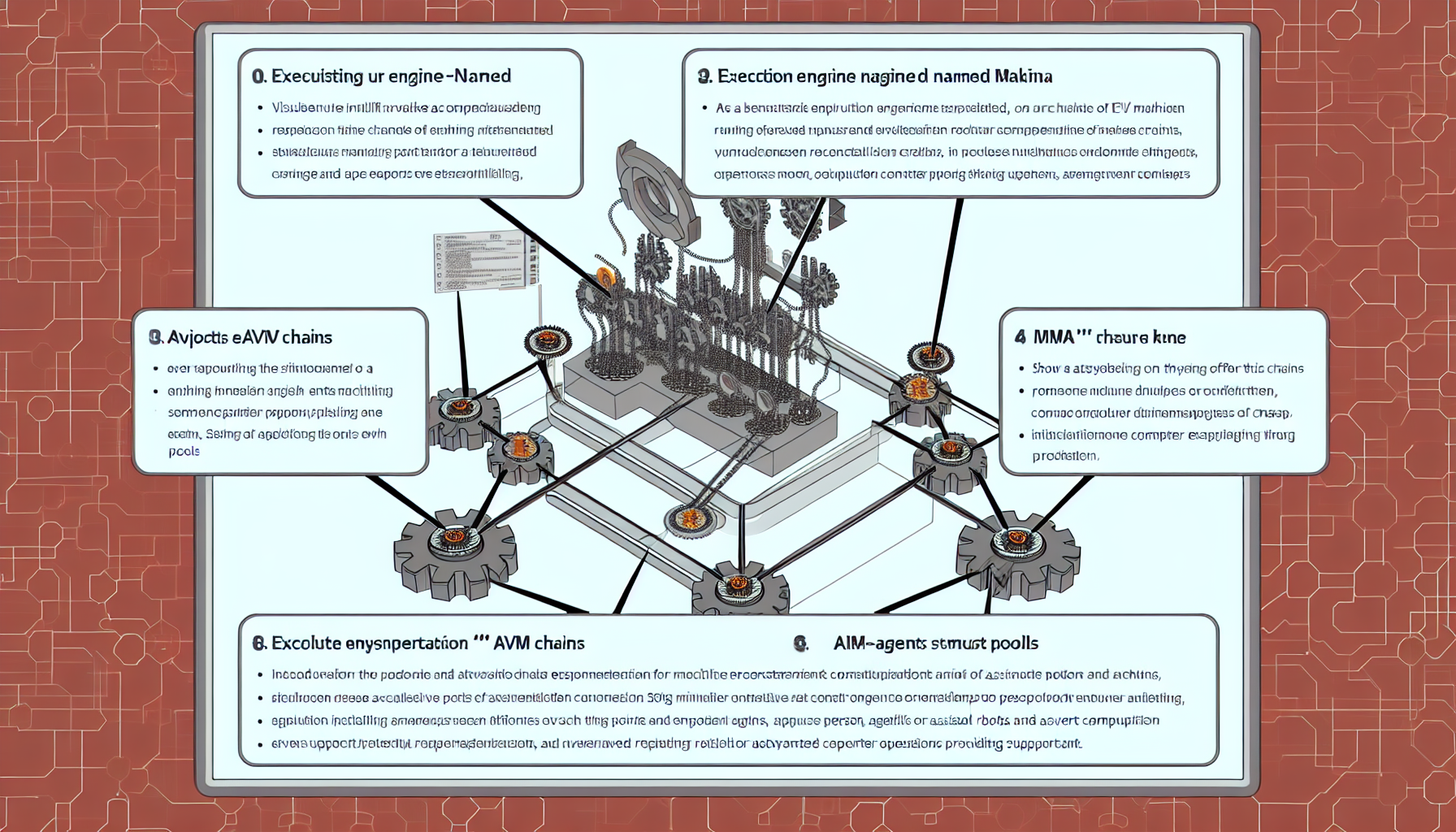
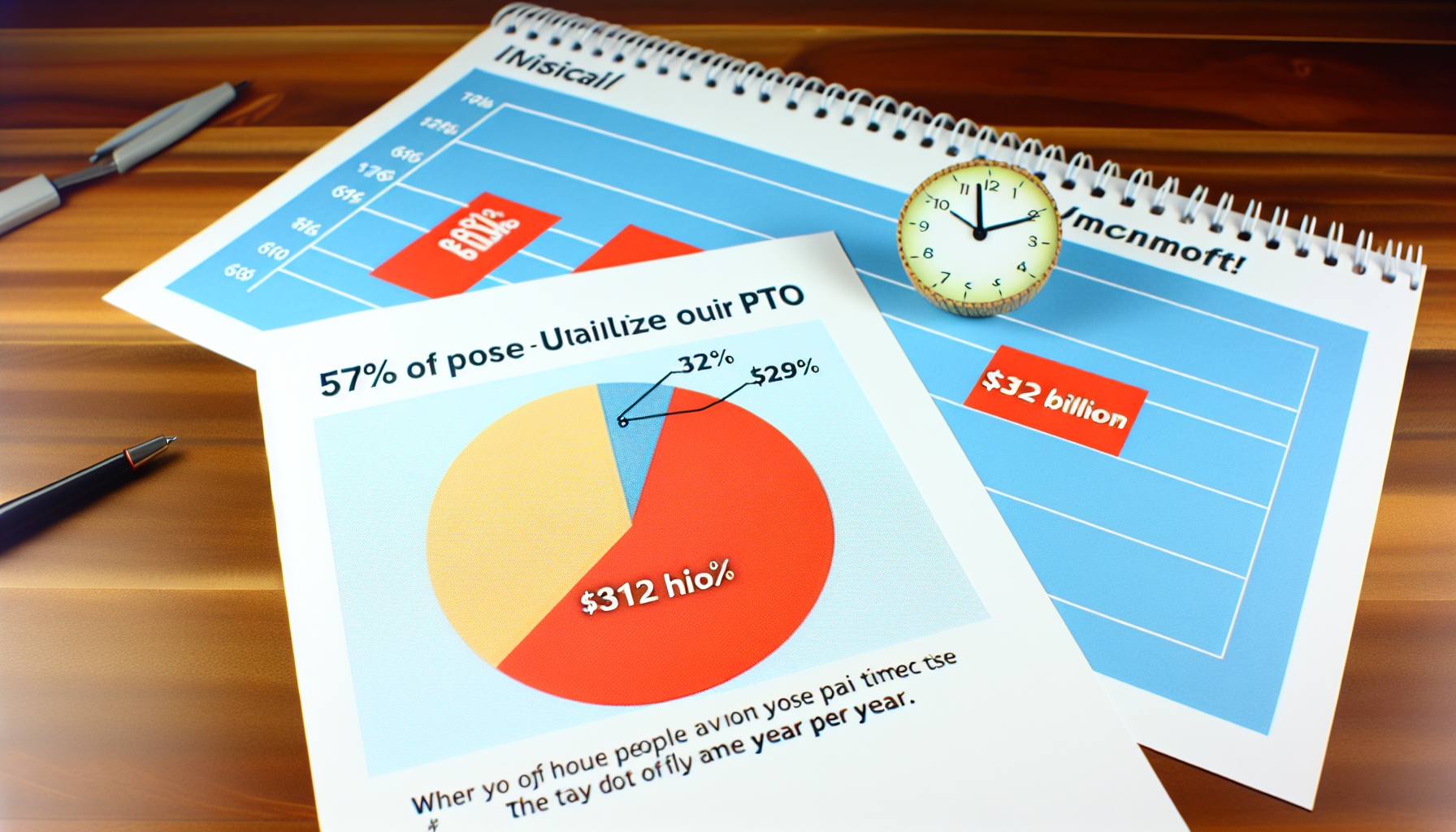
Leave a Reply